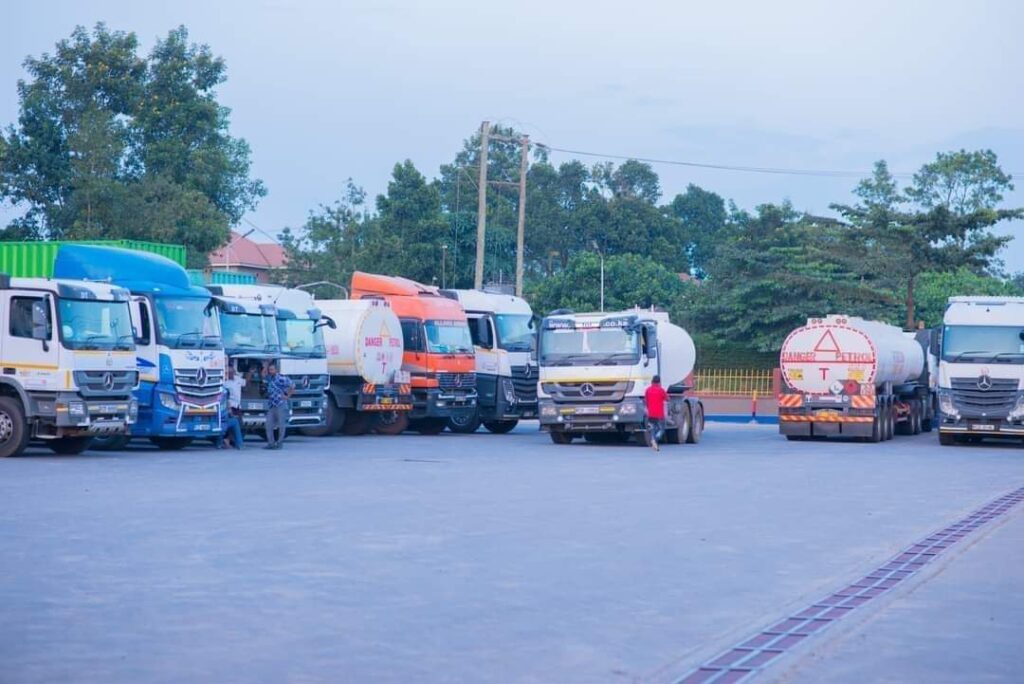Petrol powers most of our vehicles, but how much do we really know about it? This guide demystifies petrol, its composition, and its importance.
1. What is Petrol?
Petrol, also known as gasoline, is a refined petroleum product primarily used as fuel in internal combustion engines. It consists of hydrocarbons and additives.
2. How is Petrol Made?
- Crude Oil Refining: Crude oil undergoes fractional distillation.
- Additives: Manufacturers blend additives to improve octane rating, reduce emissions, and enhance performance.
3. Key Properties of Petrol
- Octane Rating: Indicates resistance to engine knocking.
- Volatility: Determines ease of ignition and combustion.
- Energy Content: Higher energy density equals better fuel economy.
4. Why Petrol Quality Matters
Poor quality petrol leads to:
- Reduced fuel efficiency.
- Engine damage from knocking or residue buildup.
- Increased emissions harming the environment.
5. How to Identify Adulterated Petrol?
- Visual Clues: Discoloration or sediment.
- Smell: Odd odors indicate contamination.
Conclusion
Understanding petrol helps you make informed decisions and maintain your vehicle’s health. Use high-quality petrol and perform regular tests if sourcing from unfamiliar suppliers.





